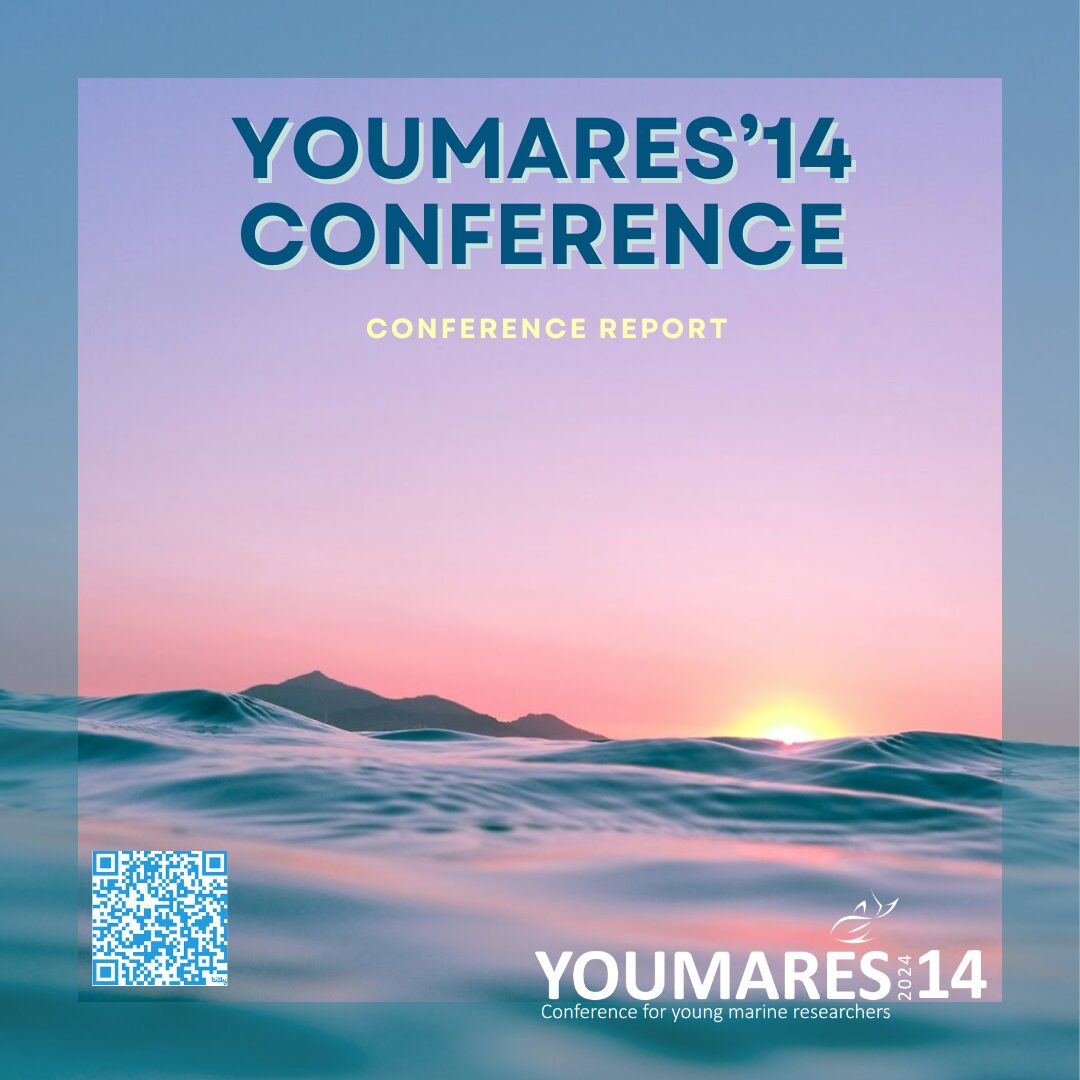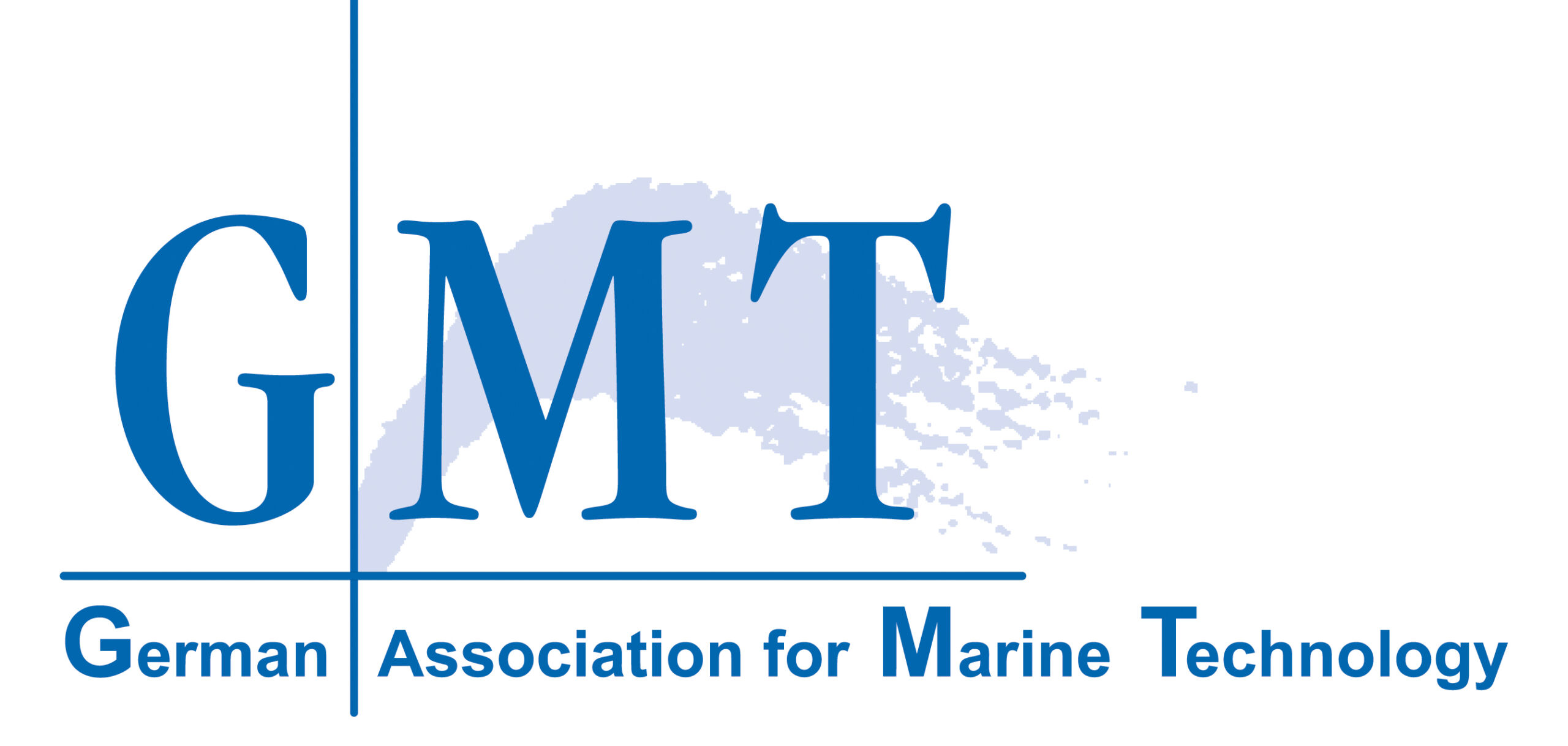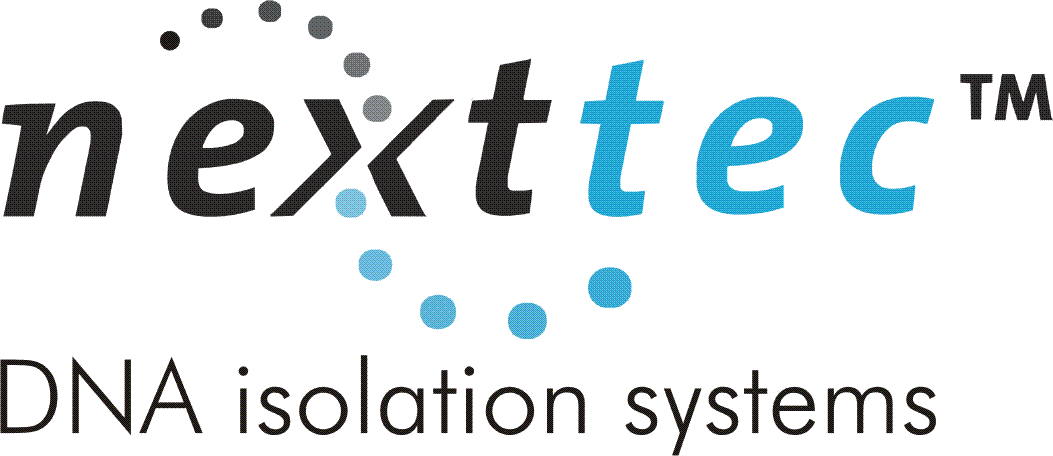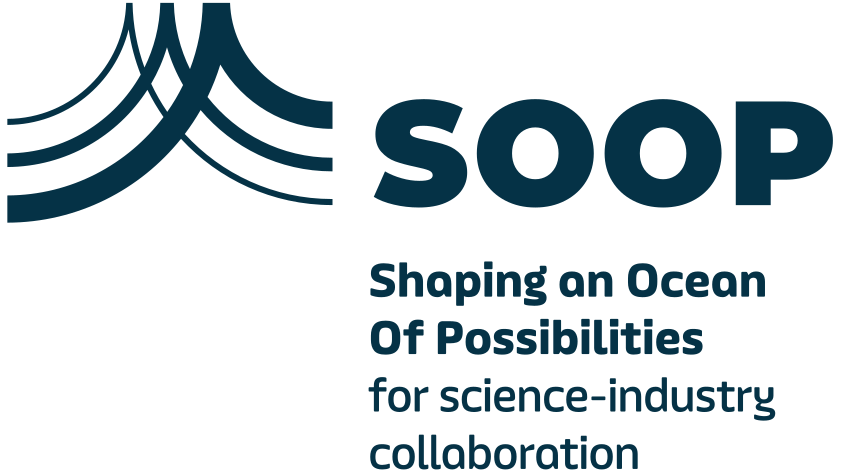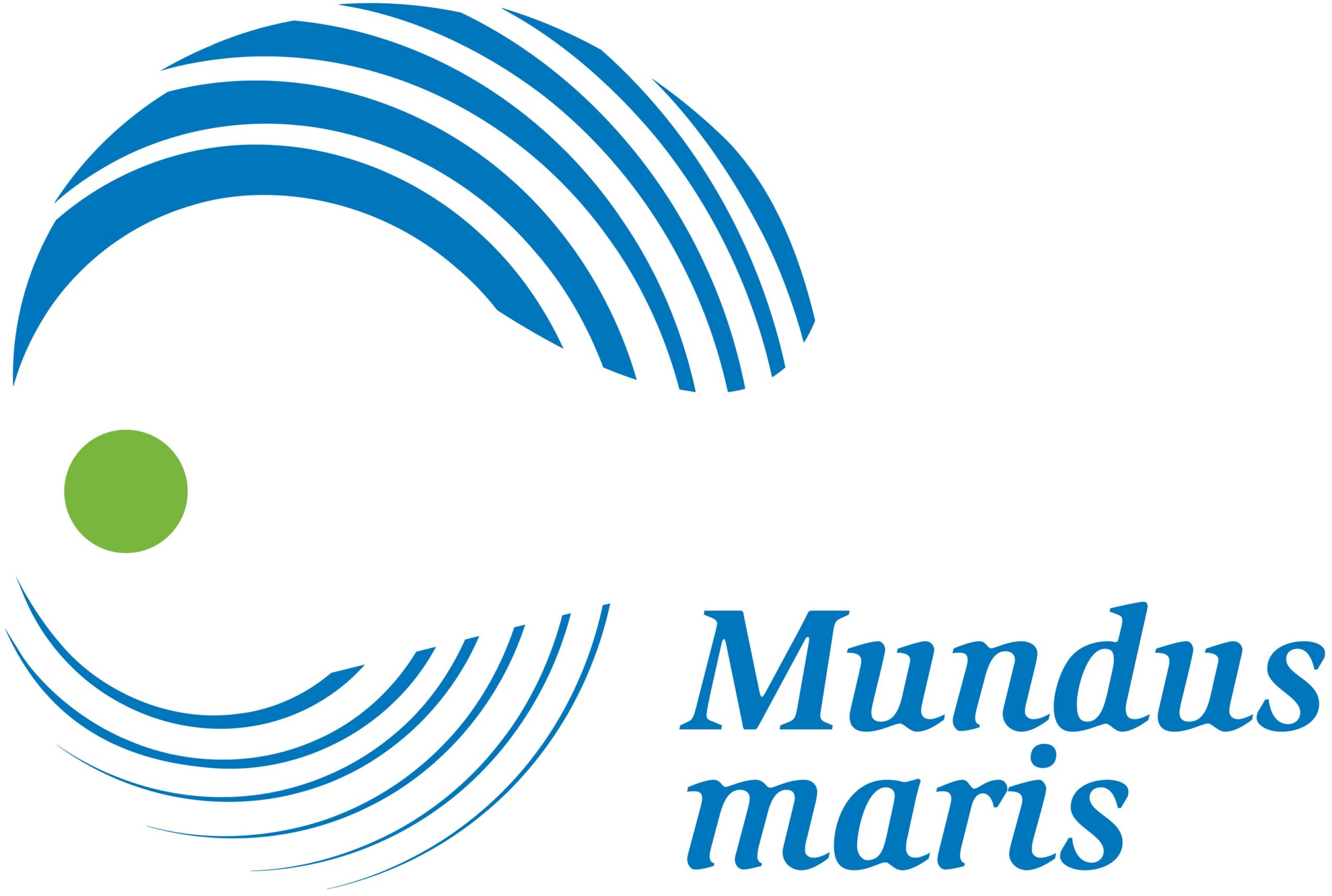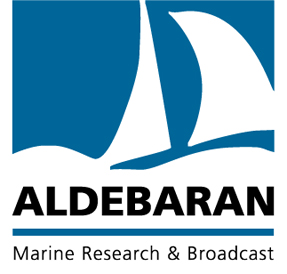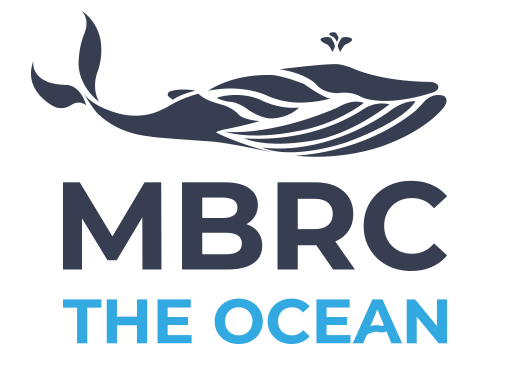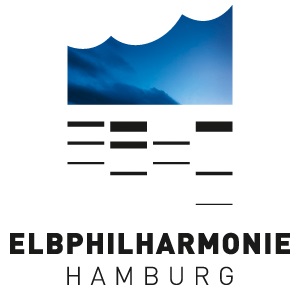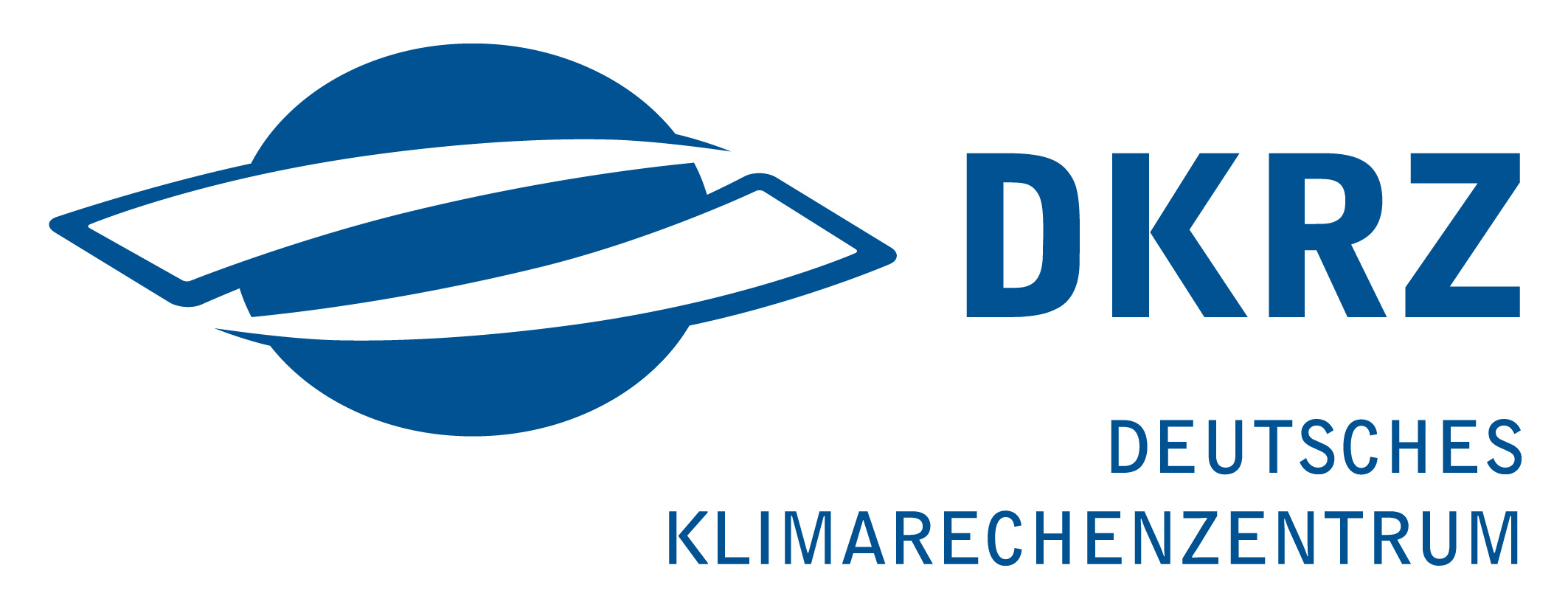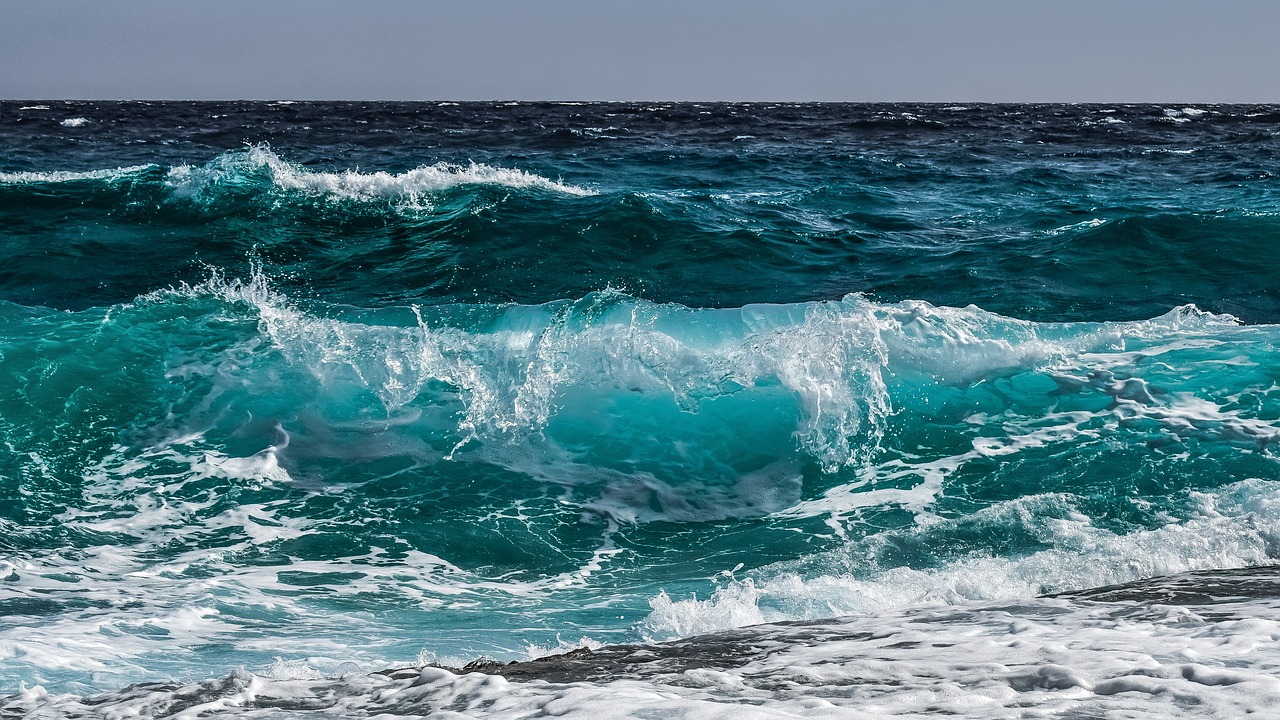YOUMARES 14 – Reflections & Highlights🌊
YOUMARES’14 brought together early career ocean professionals, researchers, and changemakers for an inspiring three-day event focused on collaboration, learning, and action for the ocean. This page offers an overview of the event’s key moments, session insights, and community contributions.
📌Conference Materials
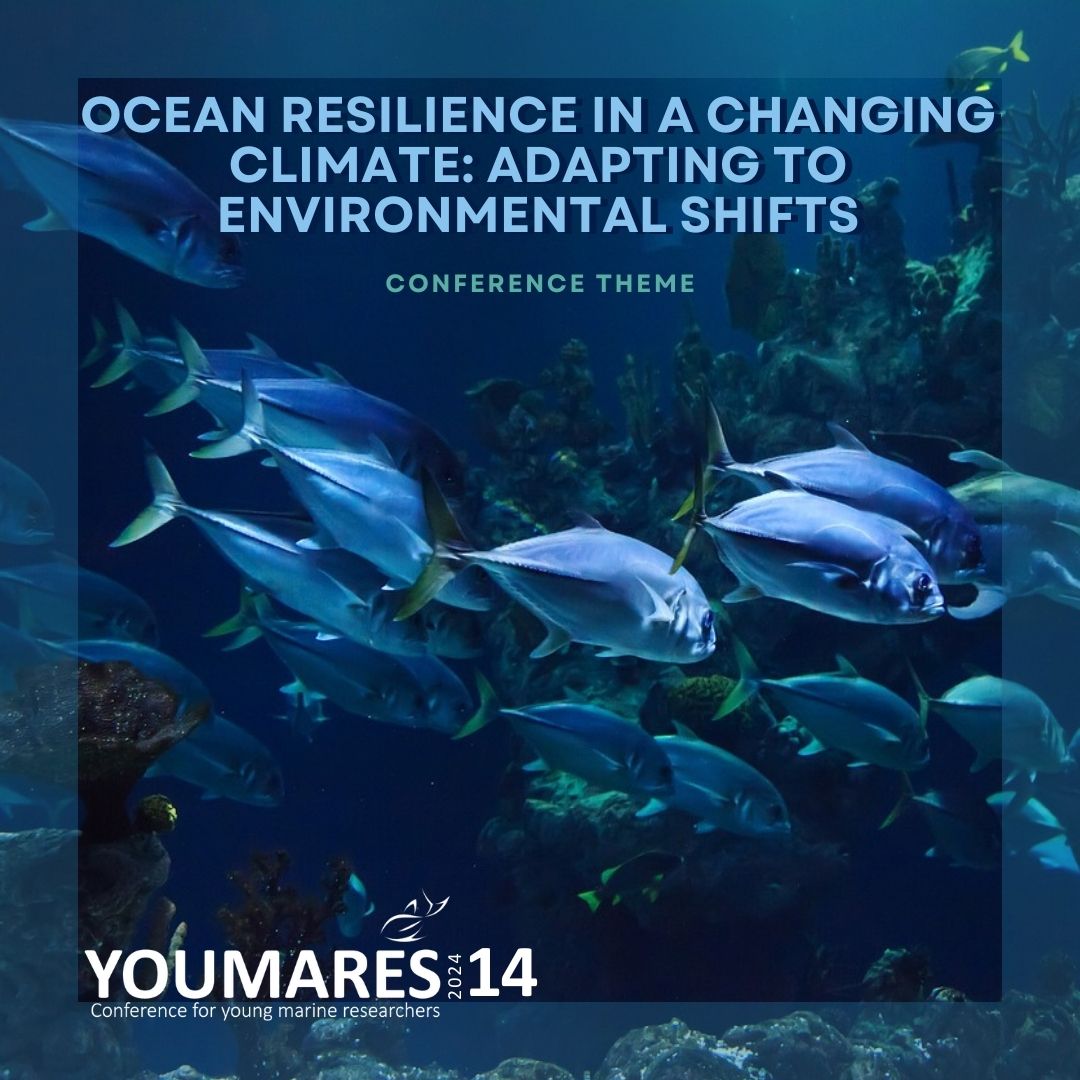
📚 Featured Sessions
Marine Conservation, Biodiversity, and Sustainable Fisheries
This session highlighted critical research addressing marine ecosystems, species resilience, and sustainable management practices. Presentations covered coral responses to low-light stress, Arctic deep-sea meiobenthic communities, Mediterranean shark conservation, and microplastic ingestion in Boops boops. Novel methods such as bioacoustics in the Aegean Sea and oxidative stress assessment in harbour porpoises were also shared. The session concluded with a study on N₂O dynamics in the Fram Strait, reinforcing the urgency for sustainable practices to protect biodiversity and ecosystem health.
Community Engagement and Education in Ocean Sciences
This session emphasized the power of citizen science and local involvement. Highlights included the Meaningful Diving initiative in Colombia, where over 160 EcoDivers have surveyed thousands of square meters of coral reefs since 2017, contributing to early coral bleaching alerts and policy actions. Another sub-session focused on incorporating local insights into ocean education, illustrating how communities can play a central role in ocean conservation and awareness-building.
Ocean Sustainability and Governance
Focusing on systemic solutions, this session explored the UN Decade for Ocean Science and the role of early-career researchers in achieving its goals. Discussions also delved into adaptive governance strategies, presenting frameworks that balance ecological integrity with societal needs for sustainable ocean development in the face of climate change.
Climate-Resilient Blue Practices
This session explored innovations for climate adaptation in marine systems. Key presentations included the use of AI and deep-learning models for predicting megafauna distribution linked to Sargassum blooms, and novel waste reduction solutions to combat marine plastic pollution. In addition, the session spotlighted approaches to sustainable blue economy initiatives that align conservation with responsible economic activity.
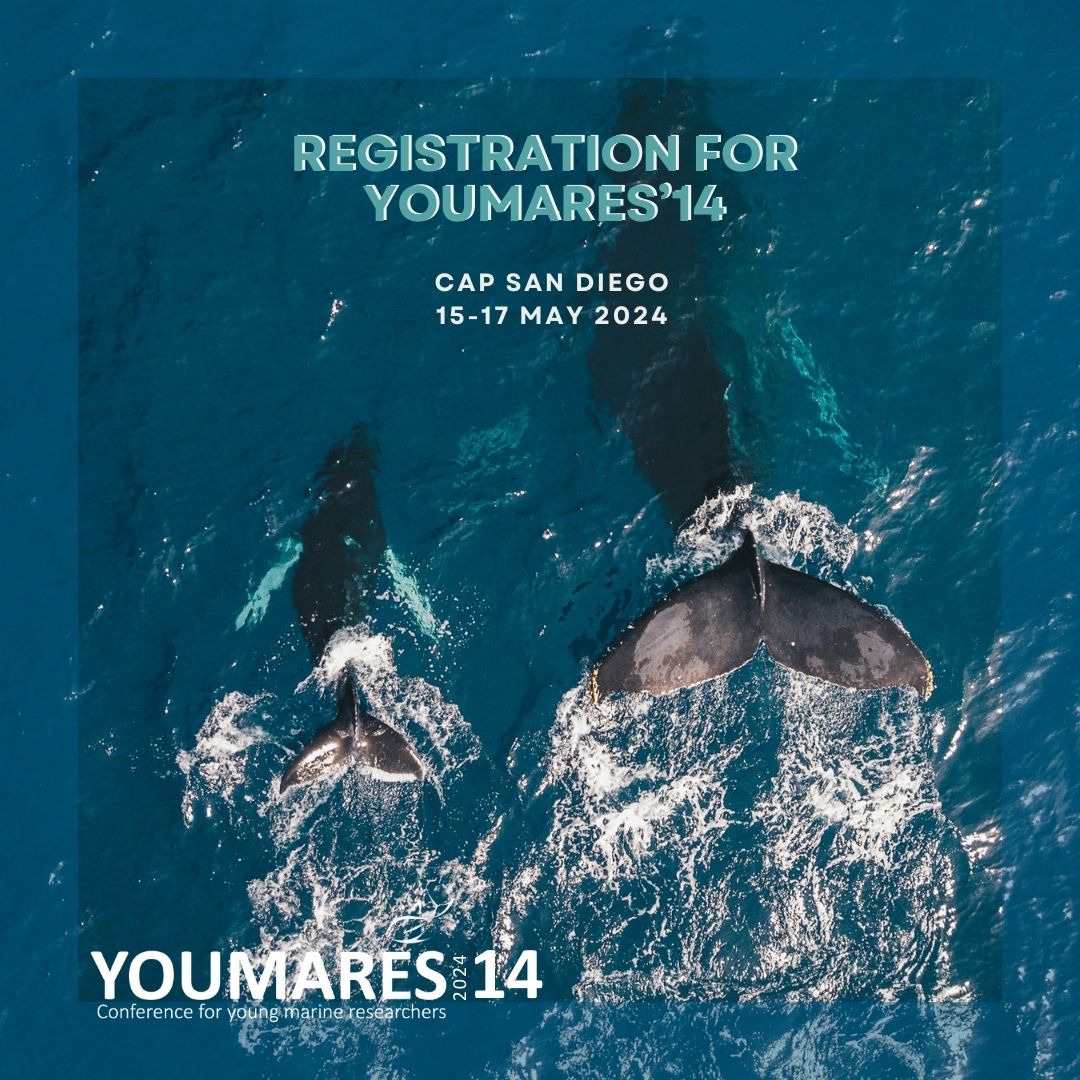
YOUMARES’14 was hosted in Hamburg, Germany, from 15-17 May 2024. With a dynamic blend of workshops, scientific sessions, and interactive discussions, the conference explored the theme: Ocean Resilience in a Changing Climate: Adapting to Environmental Shifts🌏
Thanks to your active participation in our survey, the conference theme has been decided with a 52.9% vote!
🐋🐠🐟🐡🐳
🌍 Side Events & Excursions
In addition to the main conference sessions, YOUMARES 14 offered a series of enriching side events that provided participants with unique learning opportunities beyond the venue. These excursions encouraged engagement with global institutions, cultural spaces, and scientific centers:
- 🏛️ Visit to the International Tribunal for the Law of the Sea (ITLOS) – Insightful tour and discussion on international marine law
- 🎶 Elbphilharmonie Guided Visit – One of Hamburg’s most iconic cultural landmarks
- 💻 German Climate Computing Centre (DKRZ) Tour – One of Europe’s key climate research hubs
- ⚓ International Maritime Museum – Maritime history and innovation
These events were designed to complement the conference program by providing valuable context on global marine governance, cultural heritage, and data-driven climate research.
Our Partners & Supporters
YOUMARES is one of the largest conferences for young marine scientists in Germany.
However, it is non-profit oriented, which means that the work is done by volunteers and we depend mainly on sponsors. The YOUMARES Team of previous years and this year is thus extremely grateful for the kind support and collaboration with the following sponsors:

The organisation of YOUMARES is led by the working group “Studies and Education” of the German Association for Marine Research (Deutsche Gesellschaft für Meeresforschung).


